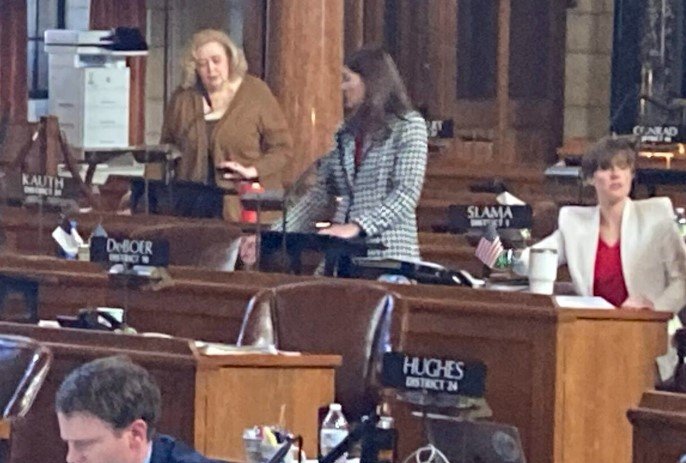In a strategic pivot, Governor Jim Pillen of Nebraska has opted for a more streamlined property tax relief bill, increasing the likelihood of a special legislative session. This article explores the nuances of the revised proposal and its implications for the state’s fiscal landscape.
A Compromise on Taxation
The revised property tax relief plan represents a compromise, stripping away some of the more contentious elements to facilitate passage in the final days of the legislative session. The new amendment focuses on ‘front loading’ existing tax credits, which have been underutilized by taxpayers, and introduces a series of tax hikes on cigarettes, edible hemp products, and vaping products, among others.

This approach aims to generate additional revenue without the previously proposed sales tax increase, which faced criticism from various quarters. The governor’s office has framed this move as a tactical retreat to secure a partial victory now, with the prospect of achieving more comprehensive tax relief in a future special session.
Balancing Revenue and Relief
The challenge of balancing the need for revenue with the goal of providing substantial property tax relief is at the heart of the debate. The proposed changes are expected to raise around $200 million annually, falling short of the ambitious target to significantly reduce property taxes for K-12 schools.
The bill also proposes a 3% cap on revenue growth for local governments, with exceptions for critical areas such as law enforcement and first responders. This cap is part of a broader strategy to control spending and redirect funds towards reducing property taxes.
The Path Forward
As the legislative session draws to a close, the focus shifts to the potential for a special session where further negotiations can take place. The slimmed-down bill is a pragmatic step towards Governor Pillen’s vision of a 40% reduction in property taxes, a goal that remains central to his administration’s agenda.
The discussions and decisions made in Nebraska’s corridors of power will have lasting effects on the state’s fiscal policy and the wallets of its residents. With the stage set for continued debate, all eyes are on the unfolding developments in this critical area of governance.

Comments